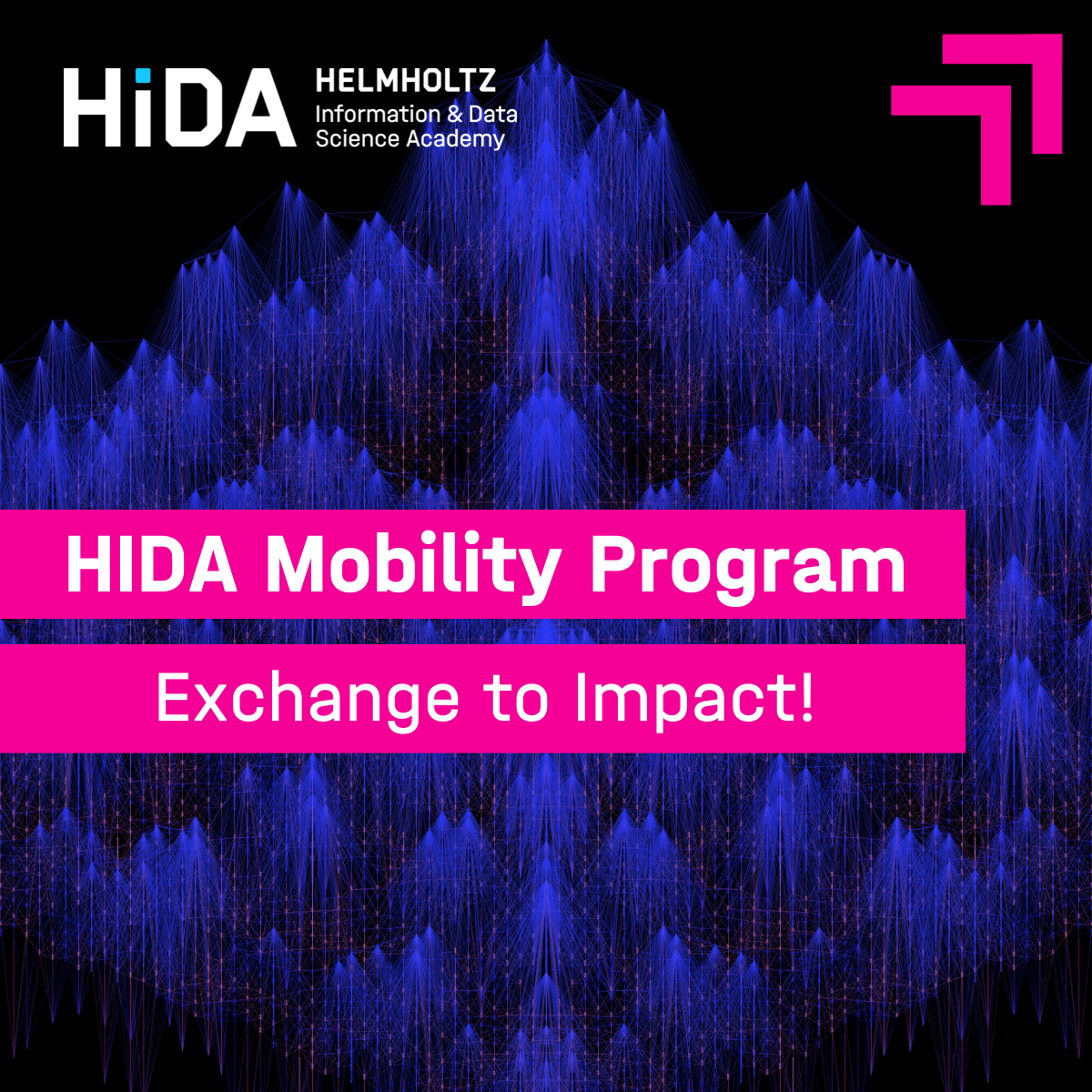Norway is a pioneer in innovative AI research and a frontrunner in digitalization. Get to know this exciting research environment with HIDA and network with Europe's northernmost data science community.
A Strong Norwegian Research Network
Norway is one of the most digitalized countries in the world and AI research is a top priority. This exchange is an opportunity to get to know the countries’ thriving data science community. HIDA is proud to collaborate with NORA – the Norwegian Artificial Intelligence Research Consortium – for this exchange.
Live and conduct research on a self-organized project in Norway for three months. HIDA supports your stay with a travel grant of up to 2,000 Euros per month. You will be part of a Norwegian research team, and will be supervised by a senior data scientist to learn new methods and skills. Network with one of the most active Data Science communities in Europe and learn new approaches and methods for your own research.
Benefits of the Norway Mobility Program
- Spend three months working on a research project at a leading institution in Norway, with a focus on best-practice exchange and methodological learning.
- Benefit from close interaction with international experts and broaden your perspective beyond your own field of expertise.
- Bring back fresh ideas, methods, and impulses to your home center, strengthening long-term research and collaboration on site.
Our Partners in Norway
NORA aims to strengthen Norwegian research, education, and innovation in the fields of artificial intelligence, machine learning, and robotics, as well as other relevant research areas that support the development of AI applications.
The consortium brings together 17 renowned partner institutions from across Norway – each offering you the opportunity to design a personalized research stay. Discover the diverse institutions that can support you on your academic journey.
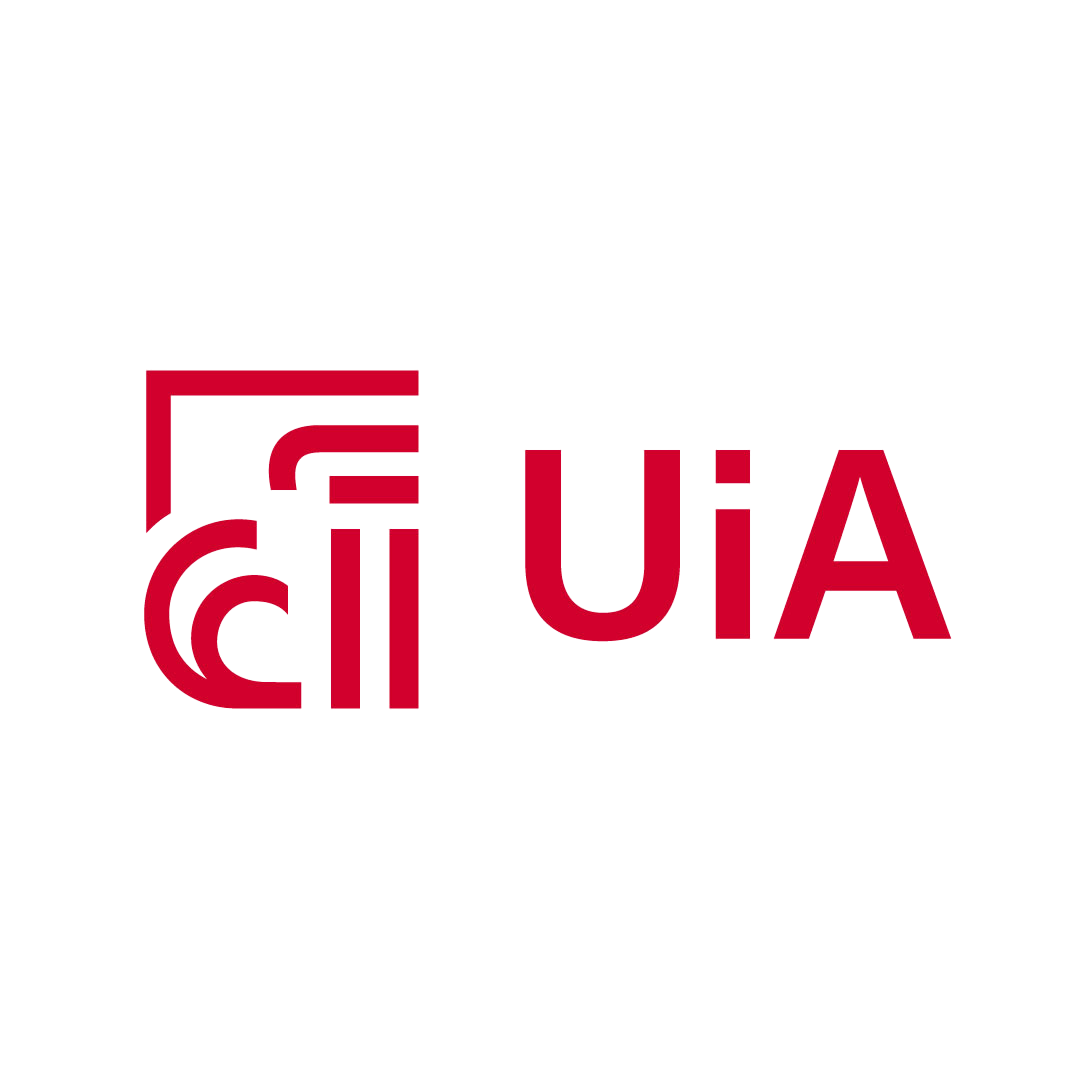
University of Agder
University of Agder
The University of Agder (UiA) is a modern, research-oriented university with campuses in Kristiansand and Grimstad, located in southern Norway. It is considered one of the country’s most dynamic higher education institutions, with a strong focus on applied research and technological innovation.
What makes UiA particularly exciting:
Research focus on AI and Data Science: UiA is home to the renowned Centre for Artificial Intelligence Research (CAIR), which conducts interdisciplinary research in areas such as machine learning, natural language processing, and explainable AI.
Close collaboration with industry and the public sector: Especially in fields like smart cities, e-health, maritime technologies, and sustainable energy, UiA offers hands-on projects with strong data-driven components.
International orientation: Many research projects are embedded in EU-funded consortia, fostering international networks and providing access to open data infrastructures. Digital infrastructure and state-of-the-art laboratories: UiA is heavily investing in computing resources, sensor technology, and infrastructure for data analysis, making it an ideal environment for experimental or application-driven research.
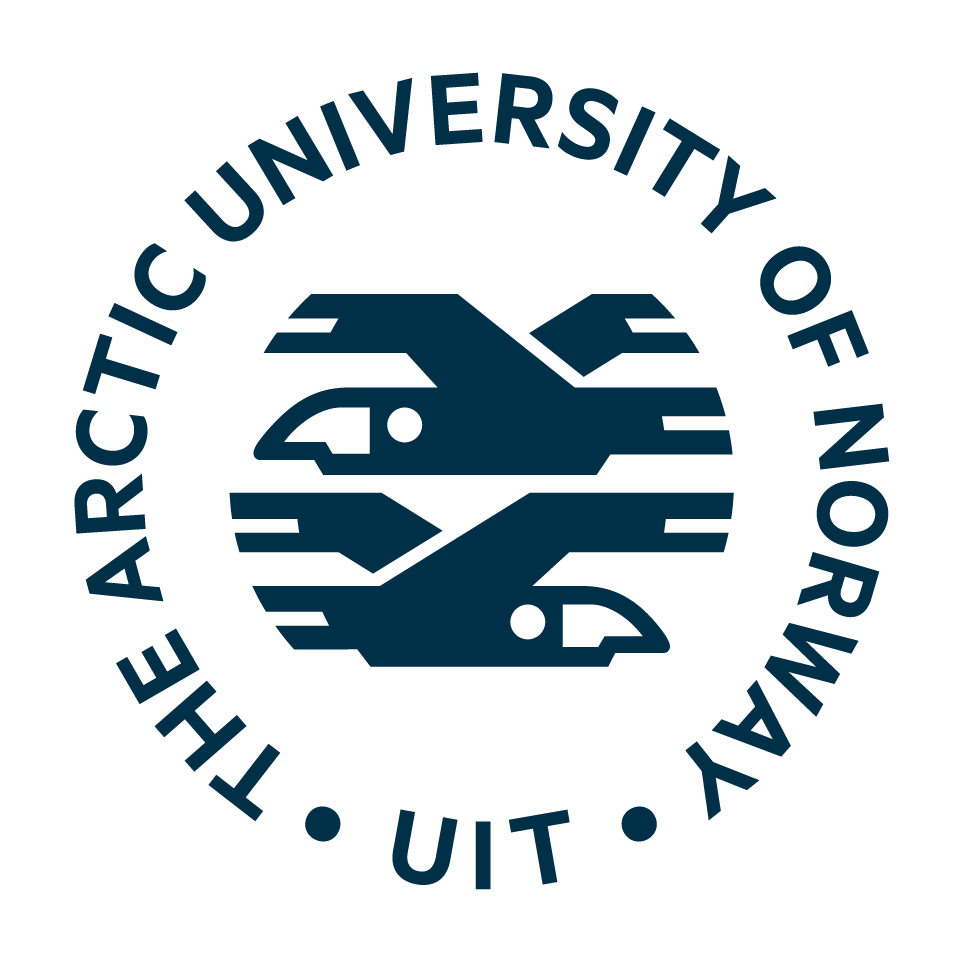
UiT The Arctic University of Norway
UiT The Arctic University of Norway
UiT The Arctic University of Norway in Tromsø is the world’s northernmost university, combining excellent research with a unique Arctic location. As a full university with a strong international outlook, UiT is deeply engaged in issues of sustainability, environmental change, and digital transformation—topics with direct relevance to data science.
What makes the university particularly exciting:
- Arctic data diversity: UiT is a leader in analyzing large-scale datasets from climate research, oceanography, biomedicine, and polar ecology—ideal fields for data scientists with a passion for research.
- Strong research groups: Centers such as the Arctic Centre for Sustainable Energy (ARC) and the Department of Computer Science are working on data-driven solutions for energy, mobility, and society.
- Open data & infrastructure: The university provides access to Arctic data sources, high-performance computing, and international research collaborations—perfect for exploratory or model-based research. Internationally connected: UiT is an active partner in EU projects and Arctic research networks, with a strong focus on interdisciplinary and global data science challenges.
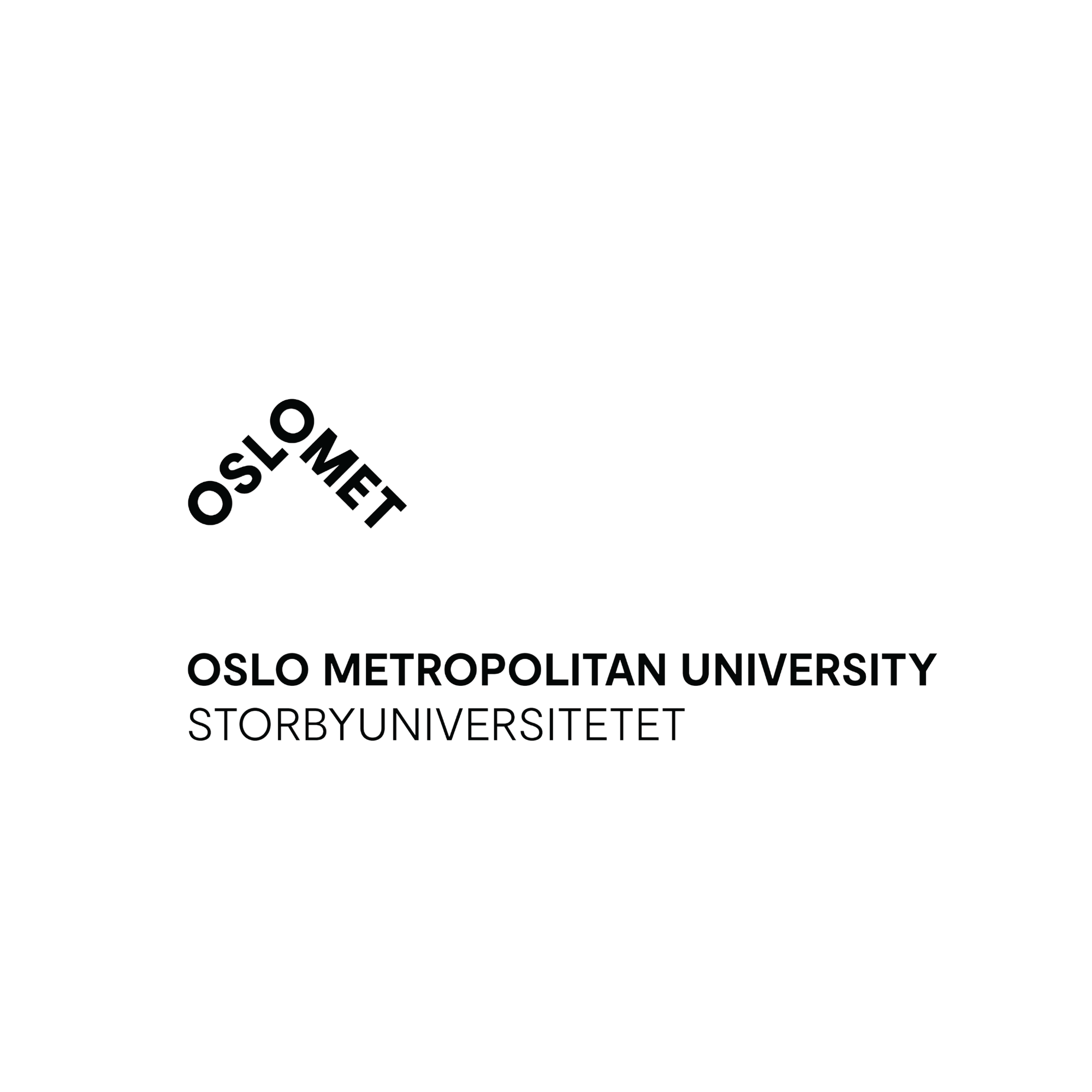
OsloMet - Oslo Metropolitan University
OsloMet - Oslo Metropolitan University
As an urban, practice-oriented university in the heart of Oslo, OsloMet offers ideal conditions for data-driven research with societal relevance. Especially at the intersection of technology, social sciences, and applied AI, the university is playing an increasingly important role.
What makes the university particularly exciting:
- Applied AI & Data Science: OsloMet hosts the Center for Research on Artificial Intelligence, which focuses on areas such as explainable AI, fairness, and ethical data use—all key topics for modern data scientists.
- Strong connection to city and society: Research at OsloMet is often practice-oriented, with access to real-world data in areas such as health, education, labor markets, and smart city initiatives in Oslo.
- Interdisciplinary projects: Data scientists at OsloMet work at the interface between social sciences, public health, and administration, aiming to develop data-driven solutions to societal challenges.
- Access to urban data ecosystems: Thanks to its location and network, OsloMet provides access to a wide range of urban data sources and collaboration partners in the public sector.

University of Bergen
University of Bergen
The University of Bergen (UiB) is a research-intensive university with a strong profile in environmental sciences, marine research, and data science. Its location on Norway’s west coast makes it a natural hub for data-driven research with global relevance.
What makes the university particularly interesting:
- Strong domains for data research: UiB has notable strengths in climate science, marine research, health data, and digital humanities, offering access to high-quality datasets.
- Infrastructure & open science: The university provides modern computing resources, open research data, and is involved in international collaboration networks, including EU projects and the UN Ocean Decade.
- Interdisciplinary teams: At UiB, data scientists often collaborate with disciplines such as medicine, biology, geosciences, or linguistics—making it an ideal environment for research-oriented, data-intensive projects.

Norwegian University of Life Sciences (NMBU)
Norwegian University of Life Sciences (NMBU)
The Norwegian University of Life Sciences (NMBU) in Ås, near Oslo, is a well-established university with a focus on sustainability, environment, bioeconomy, and life sciences. It integrates natural sciences and technological research with strong societal relevance—creating a fertile environment for data-driven research.
Why this university could be of interest:
- Data Science in Environmental and Life Sciences: NMBU applies data-driven methods in areas such as climate change, land use, biodiversity, agricultural technology, and veterinary medicine.
- Strong research units: Institutions like the Centre for Integrative Genetics (CIGENE) and the Faculty of Science and Technology focus on genomics, precision agriculture, image processing, and modeling—all with direct application of data science methodologies.
- Access to complex data sources: NMBU offers access to extensive datasets in environmental monitoring, sensor technology, and biology—an excellent foundation for data scientists interested in sustainability, life sciences, or applied AI.
- Focus on sustainable innovation: The university is an active partner in national and international projects related to green technologies, the circular economy, and data infrastructures for sustainability research.

Simula Research Laboratory AS
Simula Research Laboratory AS
Simula is a leading Norwegian research institute based in Oslo, specializing in high-quality basic and applied research in the fields of software engineering, communication systems, and computational science. It combines scientific excellence with strong societal relevance.
Why the institute could be of interest:
- High-end data science & modeling: Simula is internationally recognized for its work in numerical simulation, machine learning, medical imaging, biomedical modeling, and network data analysis—an ideal environment for research-oriented data scientists.
- SimulaMet & Simula UiB: With additional branches at OsloMet (SimulaMet) and the University of Bergen (Simula UiB), the institute has a wide collaborative network—especially in areas such as cybersecurity, AI ethics, mobile networks, and distributed systems.
- Research data & computing infrastructure: Simula provides access to specialized research datasets, high-performance computing resources, and data-intensive modeling environments.
- Strong link between research and application: Many projects are closely tied to industry or healthcare, for example in the areas of digital twins, cardiac simulations, or AI in medicine—with high international visibility.
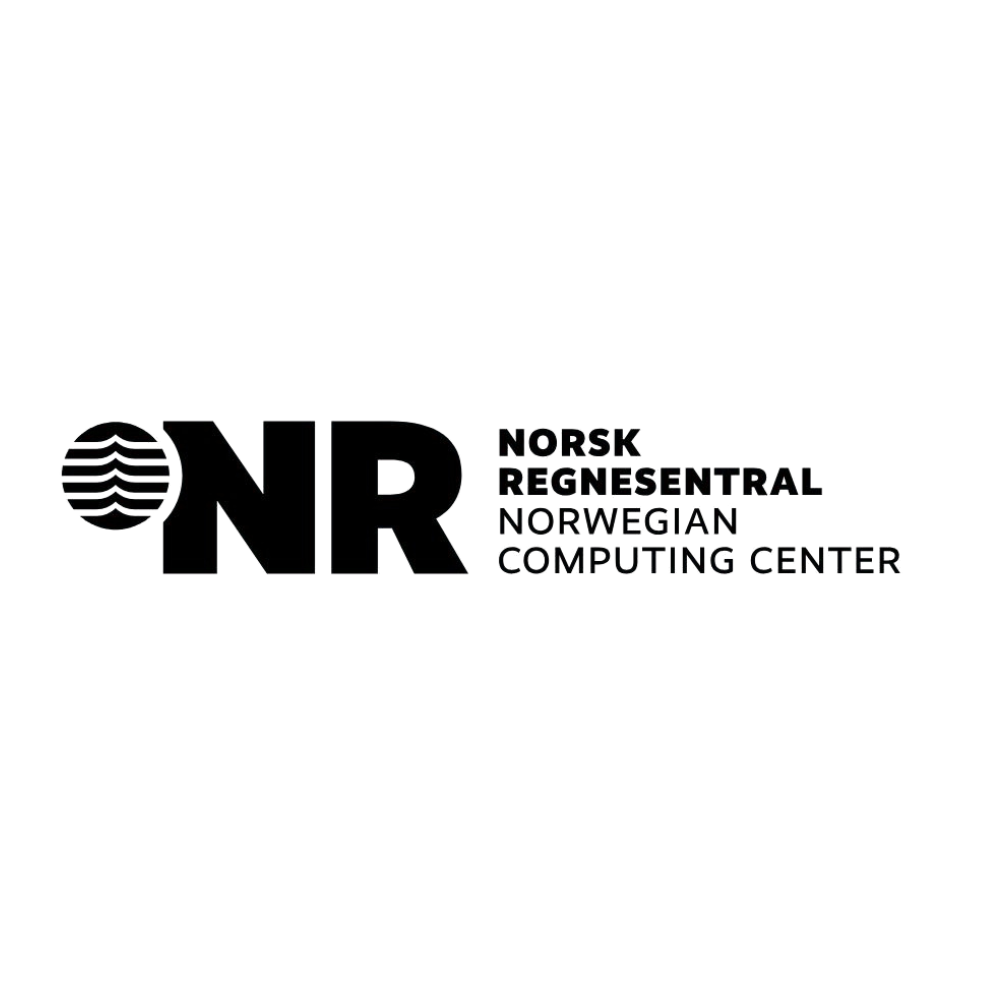
Norwegian Computing Center
Norwegian Computing Center
The Norwegian Computing Center (NR) in Oslo is a research institute specializing in applied information technology. Since its founding in 1952, NR has established itself as a key interface between academia, industry, and the public sector—with the goal of translating data-driven innovations into practice.
What makes NR stand out:
-
Excellence in AI, statistics, and data science:
NR brings together deep expertise in artificial intelligence, machine learning, statistical modeling, and software development. Its research spans explainable AI, deep learning, and probabilistic methods, always with a focus on socially and industrially relevant applications. -
Application-oriented through industry collaboration:
Whether in energy, environment, healthcare, maritime technologies, or security, NR develops tailored solutions in close cooperation with partners from industry and the public sector—often involving real-time data and complex simulation models. -
Internationally connected and EU-savvy:
As an active participant in numerous EU research projects and a member of international consortia, NR operates at the forefront of European technology development. Its focus lies on open data, reproducibility, and sustainable innovation. -
State-of-the-art infrastructure for data-intensive research:
NR offers access to high-performance computing clusters, specialized labs, and digital test environments—ideal conditions for interdisciplinary research, agile prototyping, and scalable modeling.
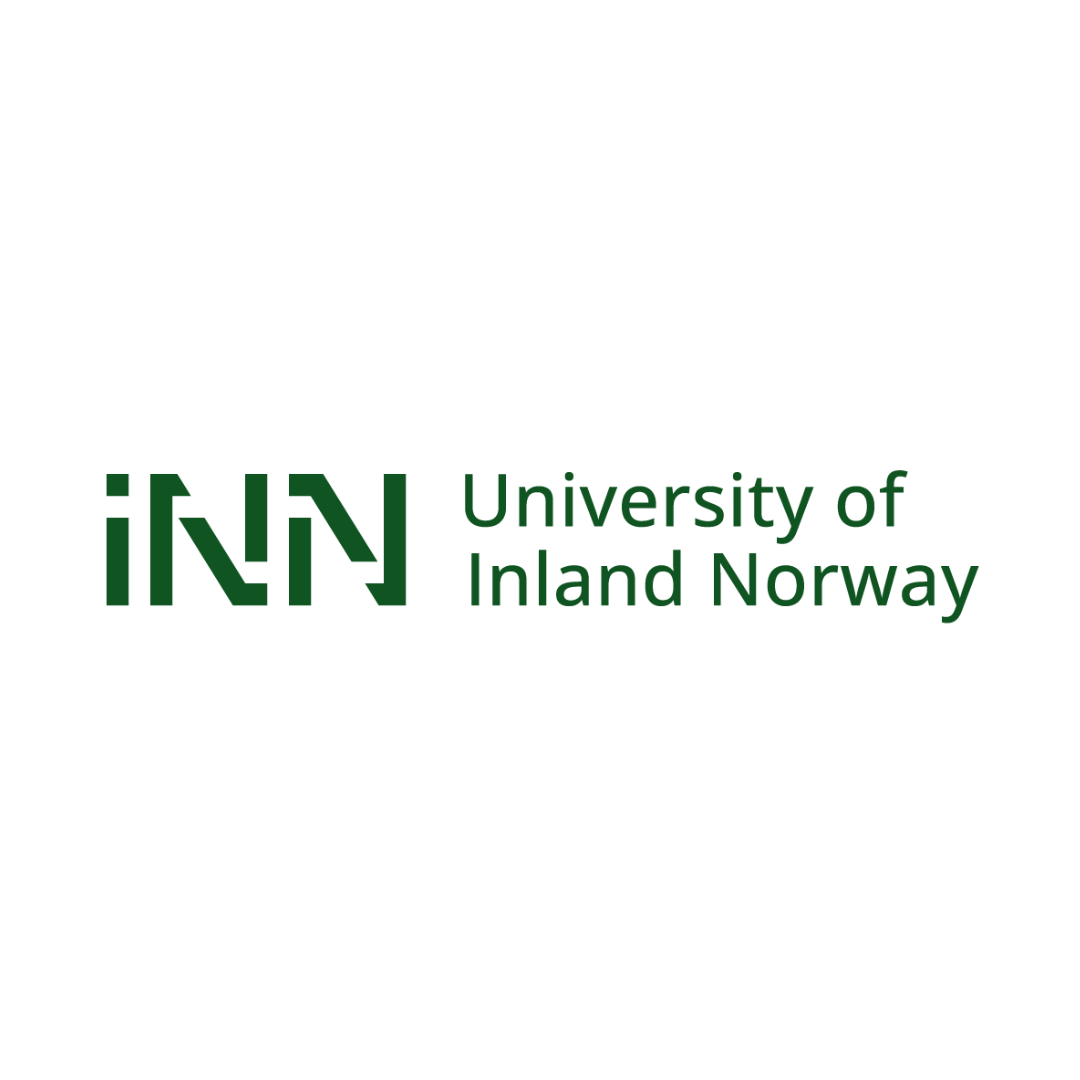
University of Inland Norway
University of Inland Norway
The University of Inland Norway is a university with campuses in Lillehammer, Hamar, Elverum, Rena, and other locations throughout the Innlandet region. It combines technological research, social responsibility, and strong regional engagement.
What makes INN unique:
-
Expertise in Artificial Intelligence and Data-Driven Innovation:
INN University is actively building competencies in areas such as machine learning, data science, Internet of Things (IoT), and explainable AI. Many of its digital transformation projects—in fields like public administration, education, and healthcare—rely on data-driven methods and simulation-based decision systems. -
Interdisciplinary research with a social focus:
At INN, technology is never developed in isolation. AI research is closely linked to psychology, social sciences, and education studies. The result: data-based models for promoting mental health, algorithms for inclusive education, and ethical guidelines for the use of AI in public services. -
Regional testbeds for smart solutions:
In collaboration with municipalities, schools, and regional organizations, INN develops and evaluates real-world scenarios for the use of smart technologies, e-health applications, and decision-support systems—creating a living lab for applied digitalization. -
International networks with a tech focus:
INN is an active participant in European research clusters and Horizon projects, working on topics such as trustworthy AI, smart governance, and sustainable digitalization. Both students and researchers benefit from cross-border collaborations, open data initiatives, and partnerships with technical universities worldwide.
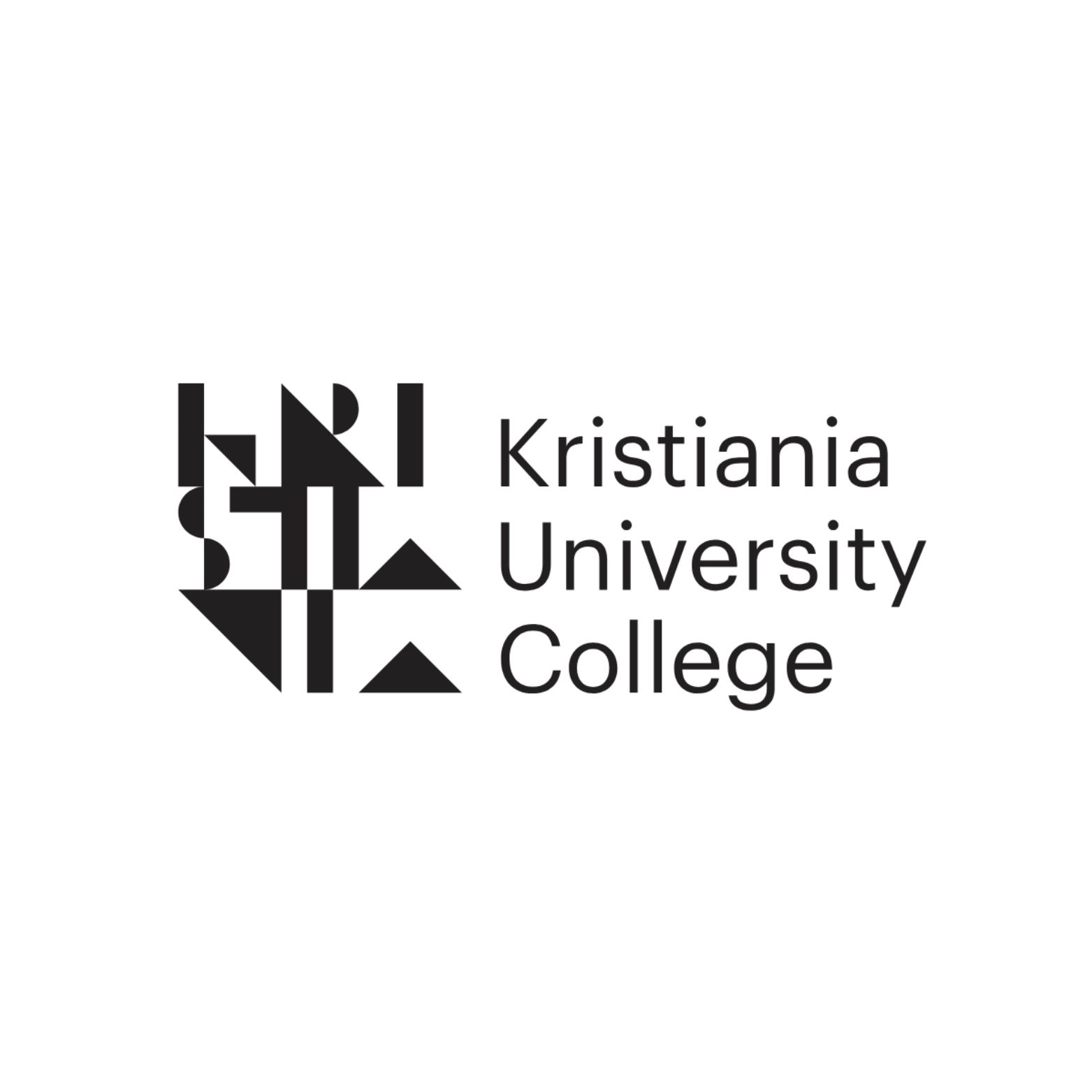
Kristiania University of Applied Sciences
Kristiania University of Applied Sciences
Kristiania University of Applied Sciences is a modern university with campuses in Oslo, Bergen, and a strong digital learning platform. It combines practice-oriented education, applied research, and creative disciplines in an innovation-driven learning environment. As a private, non-profit institution, it places strong emphasis on individual support, societal relevance, and entrepreneurial thinking.
What makes the university stand out:
-
Innovative integration of technology, business, and creativity:
Kristiania actively promotes degree programs and research at the intersection of artificial intelligence, business analytics, design, and communication. Projects range from data-driven marketing and smart organizational models to AI-assisted storytelling and digital journalism. -
Focus on applied digitalization in business and society:
In collaboration with startups, established companies, and public stakeholders, Kristiania develops practical solutions in areas such as digital business models, remote work, customer experience analytics, and workforce automation. -
Entrepreneurship and the creative industries as core strengths:
The university is known for its programs in innovation, music, film, game design, and digital arts—with strong ties to Norway’s creative economy. Students launch startups, organize festivals, or produce interactive media projects. -
Data-driven research with social impact:
Kristiania develops data science methods not only for business applications but also for analyzing societal trends, social dynamics, and communication processes. Research projects explore topics such as bias in algorithms, user behavior in digital spaces, and the impact of data-driven decision support in healthcare and education. Interdisciplinary approaches from statistics, computer science, sociology, and ethics are frequently used.

University of South-Eastern Norway
University of South-Eastern Norway
The University of South-Eastern Norway (USN) is a public university with eight campuses and a strong focus on applied research and innovation. As one of Norway’s largest universities, it combines academic excellence with societal relevance, working closely with industry, municipalities, and public institutions.
What makes USN stand out:
-
Interdisciplinary research with real-world impact:
USN conducts research at the intersection of technology, health, education, sustainability, and the social sciences. The university emphasizes practice-oriented research that addresses tangible challenges in society and industry—from green energy to digital education. -
Close collaboration with industry:
With strong regional ties, USN co-develops tailored solutions with businesses in areas such as industrial digitalization, mechatronics, energy efficiency, and nursing science. Many projects are based on co-creation and real-world use cases. -
Strong expertise in data science and AI:
USN is actively building competencies in artificial intelligence, machine learning, and data-driven decision-making. Research topics include explainable AI in medicine, smart sensor networks, and data-driven optimization in manufacturing and energy—with a focus on ethical, transparent, and sustainable applications. -
European networks and project leadership:
USN is an active participant in European research programs such as Horizon Europe and coordinates several transnational innovation projects. Key areas include sustainable development, regional innovation systems, and entrepreneurship support. -
Excellent infrastructure for applied research:
USN offers state-of-the-art laboratories for prototyping, robotics, hydrogen technologies, and healthcare simulation. A particular focus is placed on connecting research, education, and entrepreneurial thinking—through living labs, incubators, and innovation centers.
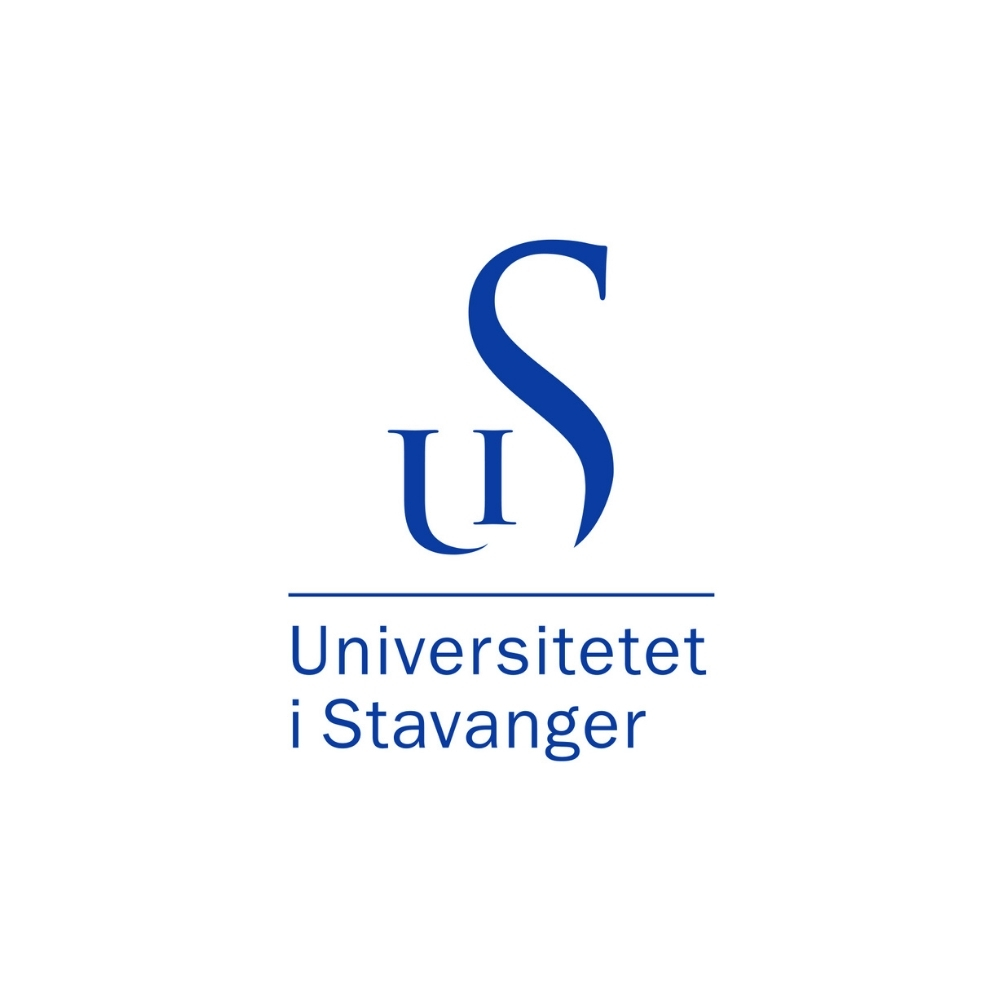
University of Stavanger
University of Stavanger
The University of Stavanger (UiS) is a research-intensive and internationally oriented university located on Norway’s southwest coast. With a clear focus on sustainability, digitalization, and innovation promotion, UiS actively shapes societal transformation—working closely with industry, public institutions, and international partners.
What makes UiS stand out:
-
Expertise in energy, environment, and technology:
UiS is renowned for its strong research in energy (including oil, gas, hydrogen, and renewables), marine and environmental sciences, and industrial digitalization. Teaching and research are closely linked to the regional energy industry. -
Applied AI and data science research:
The university strategically invests in artificial intelligence, big data, and machine learning—for example, in the context of energy optimization, smart cities, sustainable mobility, and health data. Projects span deep learning, predictive modeling, and responsible AI in social systems. -
Industry-oriented innovation:
In close collaboration with companies, startups, and public actors, UiS conducts practice-based research—e.g., through the Innovation Park Stavanger or co-creation projects with the maritime industry, healthcare sector, and IT companies. -
Internationally connected and engaged in Europe:
UiS is an active partner in European research networks such as Horizon Europe, COST, and Erasmus+. The university coordinates and participates in projects on green transformation, digitalization, educational technologies, and citizen science. -
Cutting-edge infrastructure for applied research:
With facilities such as the Norwegian Smartgrid Laboratory, a drilling simulation center, test fields for offshore technologies, and living labs for education and nursing sciences, UiS offers outstanding conditions for transdisciplinary research and innovation-driven teaching.
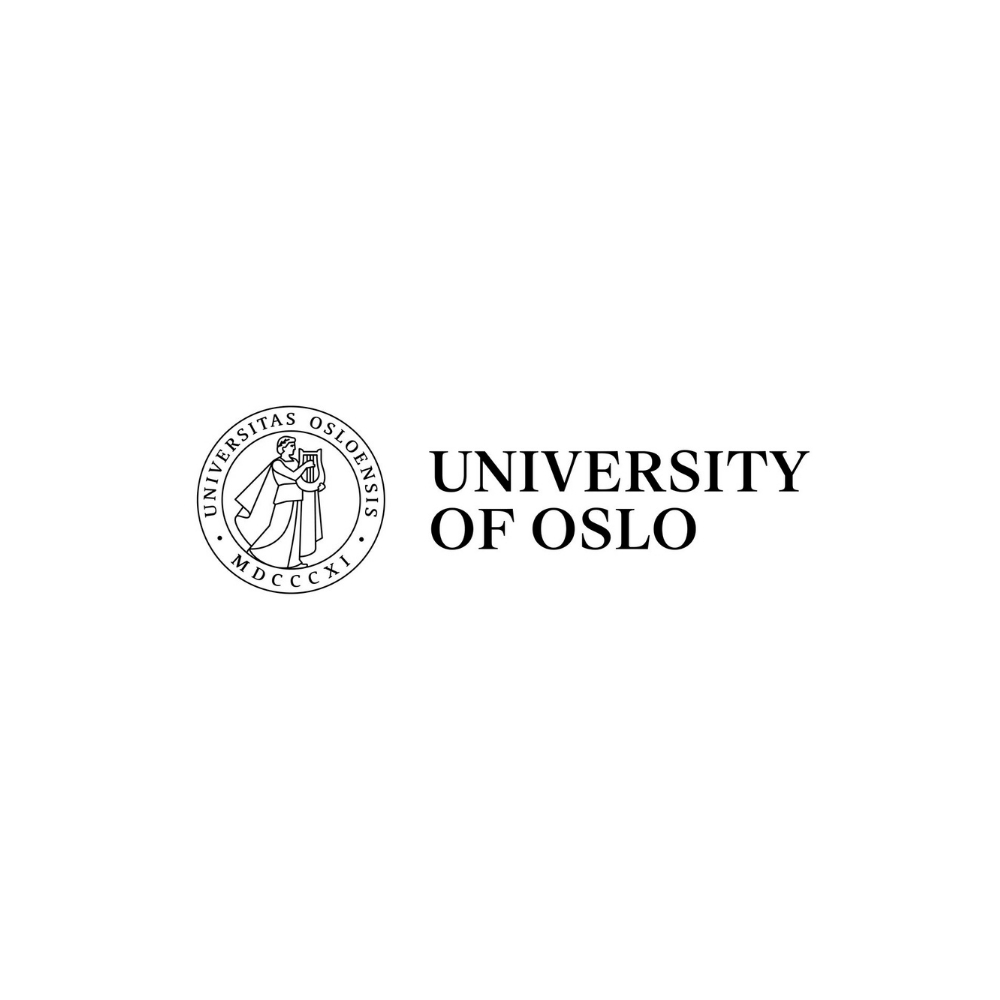
University of Oslo
University of Oslo
The University of Oslo (UiO) is Norway’s oldest university. Its strength lies in combining deep fundamental research with a strong commitment to actively shaping the pressing questions of the future—across society, policy, and technological development.
What makes the University of Oslo stand out:
Data Science, AI, and Computational Science
At UiO, data science is not seen as merely a technical tool but as an interdisciplinary driver of insight—from medical diagnostics and climate modeling to ethical questions in AI usage. Research groups at the Faculty of Mathematics and Natural Sciences, as well as at specialized centers such as dScience – Centre for Computational and Data Science, develop innovative methods in machine learning, semantic modeling, explainable AI, and high-performance computing.
STEM as a Catalyst for Transformation
Mathematics, computer science, natural sciences, and engineering (STEM) at UiO are understood not only as the foundation of technological progress but also as critical disciplines for addressing complex global challenges. Whether in energy and environmental research, quantum-based systems development, or the design of resilient urban infrastructure, STEM research at UiO is theoretically strong, internationally connected, and future-oriented.
Science – Society – Technology Nexus
With a strong foundation in the humanities and social sciences, UiO approaches digital technologies in their societal context:
-
How does AI influence our legal system?
-
What is the role of algorithmic ethics in medicine?
-
What does data-driven policymaking mean for democratic processes?
Such questions are explored through dialogue between researchers, policymakers, and civil society—in an interdisciplinary, critical, and responsible manner.
Digital Research Ecosystems and Open Science
UiO is a pioneer in the development of digital research infrastructures, FAIR data practices, and open science. Through cloud services, repositories, research data centers, and national platforms, UiO promotes reproducible research, interdisciplinary modeling, and the open exchange of knowledge.
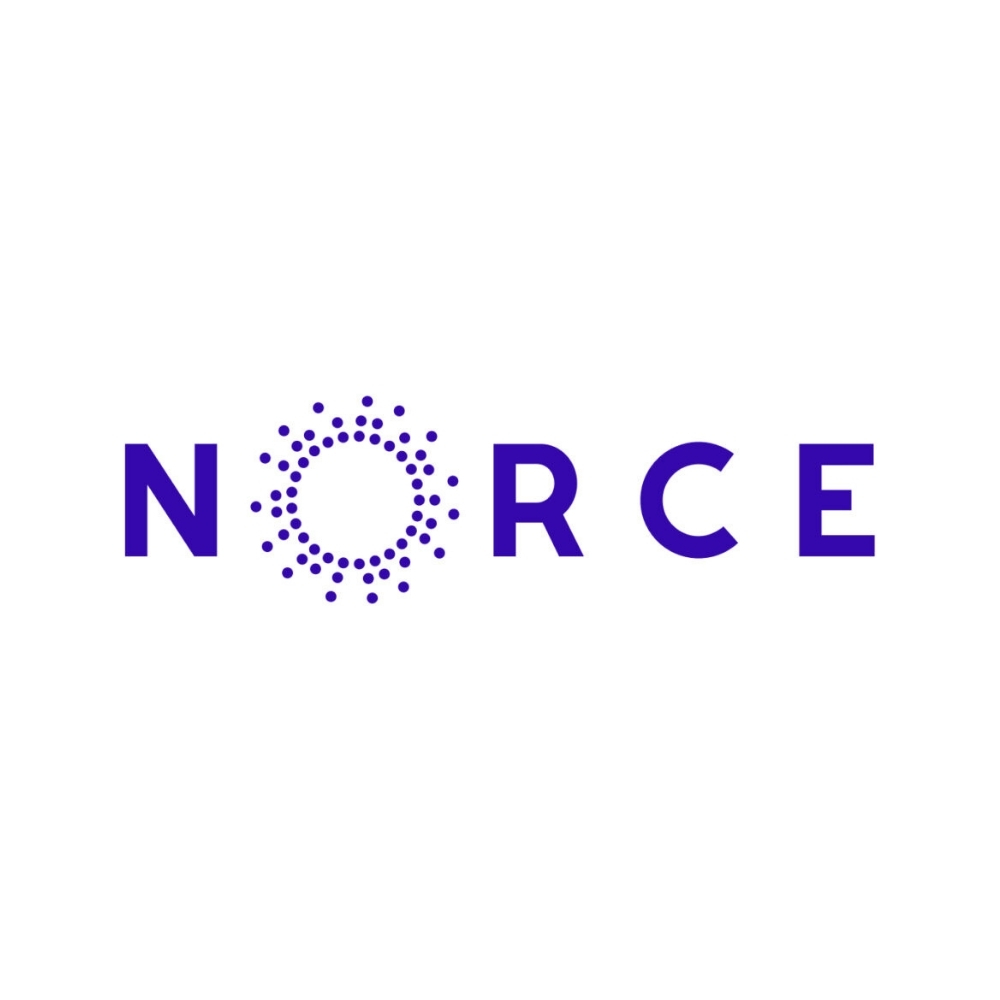
NORCE Norwegian Research Centre AS
NORCE Norwegian Research Centre AS
NORCE is one of Norway’s leading independent research institutes—interdisciplinary, application-oriented, and strategically networked. With locations across the country and more than 800 employees working in the natural sciences, engineering, social sciences, and health sciences, NORCE brings science to where it is needed most: in the energy transition, digital transformation, climate resilience, and medical innovation.
What makes the institute stand out:
Data Science and AI: Scalable solutions for real-world systems
Whether it's ecosystem monitoring, digital health applications, or the optimization of industrial processes, NORCE consistently applies artificial intelligence and data-driven modeling to better understand and strategically influence complex systems. Research spans from edge-based AI and predictive analytics in energy infrastructure to multi-scale climate simulations—with a strong emphasis on transparency, robustness, and operational feasibility.
Natural and technical sciences as a foundation for systemic innovation
NORCE views mathematics, natural sciences, and engineering as essential drivers of future-proof transformation—whether in developing robotic systems for extreme environments, geophysical resource modeling, or the design of sustainable energy systems. Methodological strengths include numerical simulation, sensor integration, quantitative uncertainty analysis, and data-driven system design.
Open platforms, networked research, and digital testbeds
From digital twins for energy planning to virtual testing environments for healthcare solutions, NORCE operates state-of-the-art computing, modeling, and simulation platforms. This infrastructure enables agile development, multidisciplinary collaboration, and the translation of complex models into application-oriented tools for decision-makers.

Østfold University College
Østfold University College
Østfold University College (HiØ) is known for its practice-oriented research culture. With two campuses in Halden and Fredrikstad, HiØ combines technological innovation with a strong commitment to social responsibility, educational equity, and regional development. The university offers a diverse research profile, spanning from computer science and engineering to nursing, social work, languages, and the arts.
What makes this university particularly interesting:
Data Science and AI in a Societal Context
HiØ takes an interdisciplinary approach to research on artificial intelligence, machine learning, and data science. Applications range from predictive analytics in education and smart assistance systems in healthcare, to algorithmic text processing in linguistics. Technical methods are always considered through the lens of ethics, transparency, and social impact.
Digital Education and Transformative Didactics
A central research focus lies in advancing teaching and learning processes in digital environments. HiØ conducts research on personalized learning environments, intelligent feedback systems, and evidence-based higher education didactics. It also explores the role of digital media in early childhood education and language acquisition—often in close collaboration with schools, educational institutions, and local partners.
Health, Nursing, and Quality of Life
In health sciences, HiØ emphasizes practice-based studies on nursing innovation, digital healthcare, mental health, and social inclusion. Projects on community psychiatry, elder care, and intercultural aspects of nursing reflect the university’s aim to apply research directly to everyday societal challenges.
Culture, Language, and Society in Transition
The university also conducts robust research in areas such as interculturality, multilingualism, gender studies, arts education, and democratic education. Social transformation is approached as a cultural process, explored through qualitative, empirical, and reflective methods, often with participatory approaches.
Regional Impact, International Outlook
HiØ serves as an innovation partner in the Østfold region—collaborating with SMEs, schools, and the healthcare sector. At the same time, the university is active in European networks (e.g., Erasmus+, Horizon Europe) and prioritizes international cooperation in fields such as sustainable development, digital inclusion, and open science.
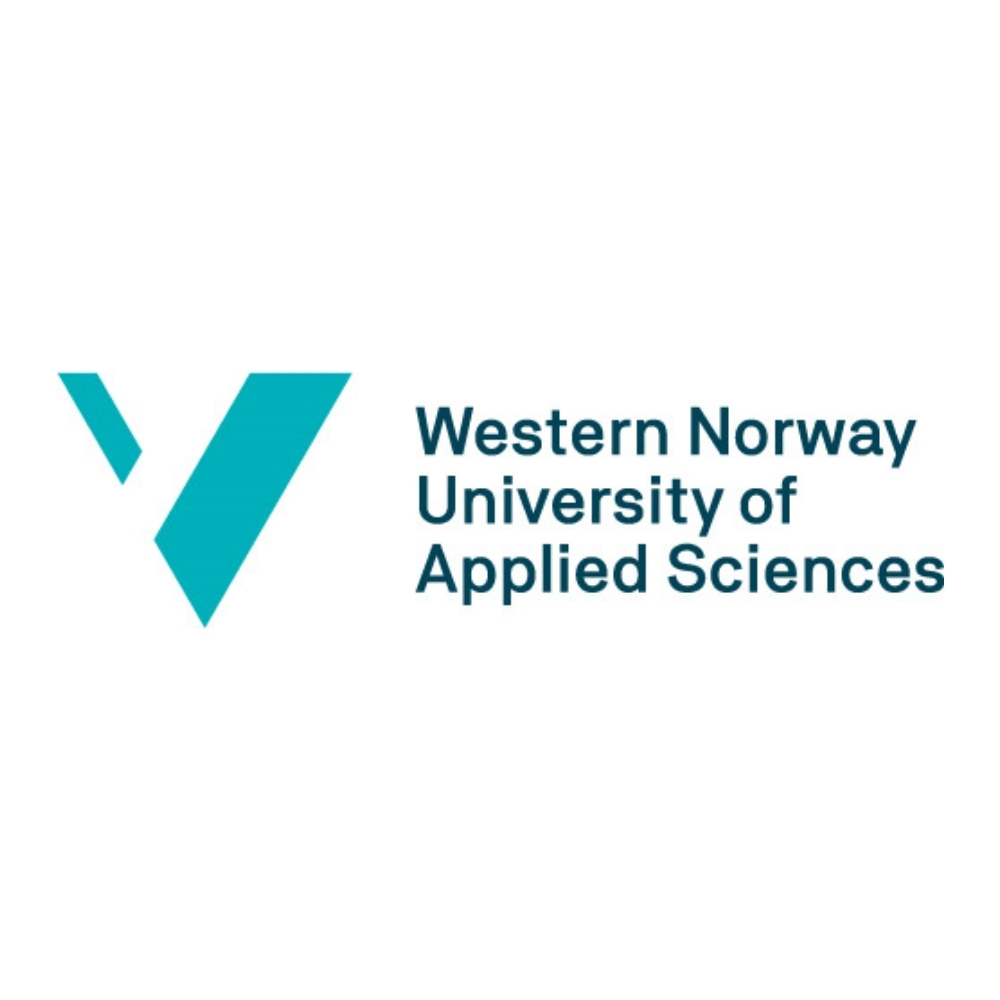
Western Norway University of Applied Sciences (HVL)
Western Norway University of Applied Sciences (HVL)
The Western Norway University of Applied Sciences (HVL) is one of the largest state-owned universities of applied sciences in Norway, with several campuses.
What makes this university particularly interesting:
1. Strong Research Profile and Interdisciplinary Focus
In the field of Information and Data Science, HVL fosters a strong interdisciplinary research approach that connects computer science, statistics, machine learning, and domain-specific applications such as healthcare, energy, and environmental sciences. In particular, the Center for Data Science (CEDAS) serves as a hub for research activities in:
- Artificial Intelligence (AI) and machine learning
- Big data analytics
- Data ethics and responsible AI
- Industry 4.0 applications
2. International Research Projects and Networks
HVL is actively involved in numerous international research projects, especially within Horizon Europe, Erasmus+, and through bilateral collaborations with leading European universities. This offers guest researchers the opportunity to become part of an international and collaborative research environment. Moreover, HVL is a member of the Norwegian AI Lab Network and a partner in several European Digital Innovation Hubs (EDIHs).
3. Excellent Infrastructure and Data Access
For data science research, access to high-quality, domain-specific datasets is crucial. HVL maintains strong partnerships with public institutions, health authorities, and energy companies in Norway. This enables research with:
- Real-world, well-documented datasets
- Open access to smart city and environmental data
- Ethical access to medical and care-related data
4. Sustainability, Social Relevance, and Responsibility as Guiding Principles
HVL’s mission is to conduct research with tangible social impact. This is reflected in its emphasis on responsible AI, open science, and the investigation of social implications of data-driven technologies. These principles make HVL an ideal place for researchers who not only focus on technology but also on its societal dimensions.

BI Norwegian Business School
BI Norwegian Business School
The BI Norwegian Business School is one of Europe’s leading business schools and Norway’s most important private institution for research-based management and social sciences. With its main campus in Oslo and additional locations across the country, BI stands for academic excellence, international outlook, and a clear commitment to social responsibility. At its core is the question: How can economic activity be shaped to be future-oriented, data-driven, and grounded in strong values?
What makes the institution so special:
Data Science and AI in Service of Strategic Decision-Making
BI consistently integrates data science, artificial intelligence, and machine learning into its economic research and teaching. It is not only about technical excellence, but also about strategic application: How do algorithms transform decision-making processes in companies? What role do data ethics and fairness play in AI-driven business models? Research projects on explainable AI, data-driven marketing, financial analytics, or behavioral economics at the intersection with machine learning show that BI views AI not as an end in itself, but as a tool for responsible management.
Digital Economy, Platform Logic, and Innovation Strategies
BI explores the mechanisms of digital markets, disruptive business models, and technology-driven innovation — with a particular focus on the platform economy, FinTech, data-based value creation, and organizational agility. The school brings technological and economic perspectives into dialogue, for example in the analysis of blockchain applications, sustainability reporting, or AI-controlled supply chains.
Sustainability, Governance, and Economic Responsibility
At BI, economic thinking is consistently connected with social, ecological, and ethical dimensions. Research addresses topics such as ESG reporting, impact investing, sustainable corporate governance, or climate strategies in financial institutions. The guiding question remains: How can markets contribute to solving societal challenges?
Society, Politics, and Economic Power Structures
BI is also committed to the interdisciplinary analysis of regulation, policymaking, and governance. Research on tax policy, labor market regulation, digital sovereignty, or lobbying clearly illustrates that economic action is always embedded in legal, cultural, and political contexts. The combination of business analysis with sociological, legal, and political science reflection is a hallmark of the school.
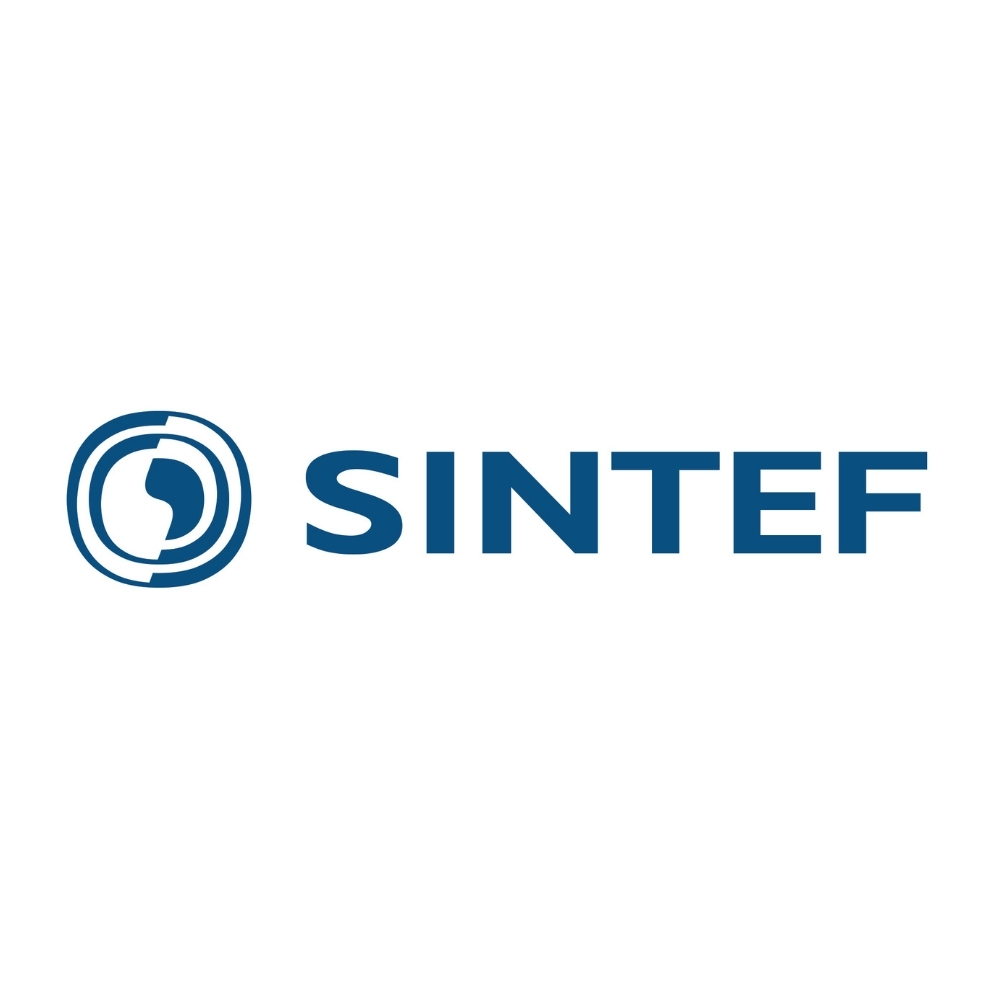
SINTEF
SINTEF
SINTEF is one of the largest independent research institutes in Europe and a key driver of innovation in Norway. With over 2,000 employees and an exceptionally broad thematic scope, SINTEF combines cutting-edge applied research with industry-oriented development, social responsibility, and technological pioneering.
What makes SINTEF unique:
Data science and AI as infrastructural intelligence
Whether it's smart energy grids, autonomous ships, medical diagnostics, or climate-conscious urban development – data-driven models, AI, and machine learning are now integral to nearly all research areas at SINTEF. The spectrum ranges from deep learning in image processing to probabilistic modeling in materials science and explainable AI in safety-critical environments. SINTEF is working to make digital intelligence robust, transparent, and trustworthy – not only in technical terms but also embedded in social contexts.
Interdisciplinary excellence from molecular structure to global energy systems
SINTEF’s research fields span nanoelectronics, carbon capture, and materials science to robotics, marine biology, and aquaculture, as well as industrial automation, geotechnics, and sustainable mobility. The natural and engineering sciences form the foundation for systemic innovation, combined with simulation methods, physics-based modeling, and digital twins for Industry 4.0 and beyond.
Societal relevance through applied research
SINTEF not only develops technologies but also focuses its research on their societal impact. How can AI systems be designed to be inclusive? What role do socio-technical interfaces play in the energy transition? How can digitization in education, public administration, and healthcare be implemented in a human-centered and ethical way? The inclusion of social science perspectives – such as in technology acceptance research, gender analysis, or participatory infrastructure development – is an integral part of many SINTEF projects.
Openness, collaboration, and international impact
SINTEF operates within open innovation ecosystems, working closely with universities (especially NTNU), international partners, industry, and public authorities. Research data management, reproducibility, and long-term scalability are not just principles – they shape project architectures as well as internal research policies. As a non-profit foundation, SINTEF reinvests all profits into research and innovation.
Use Our Practical Search Filter
With just a few clicks, our search filter helps you find the institutions that best match you and your research!
How to Apply
- Step 1: Contact a research group at one of the NORA member institutions to discuss the possibility of a three-month research stay.
- Step 2: Submit your application through HIDA
- Step 3: Applications are reviewed by a selection committee, and you will be notified shortly thereafter.
You can find more details about the application process here!
Contact
You have questions on the Norway Mobility Program? Please contact us, we are happy to help!

Stefanie Gruber-Sliva
Networks & Mobility Program Manager
Contact



